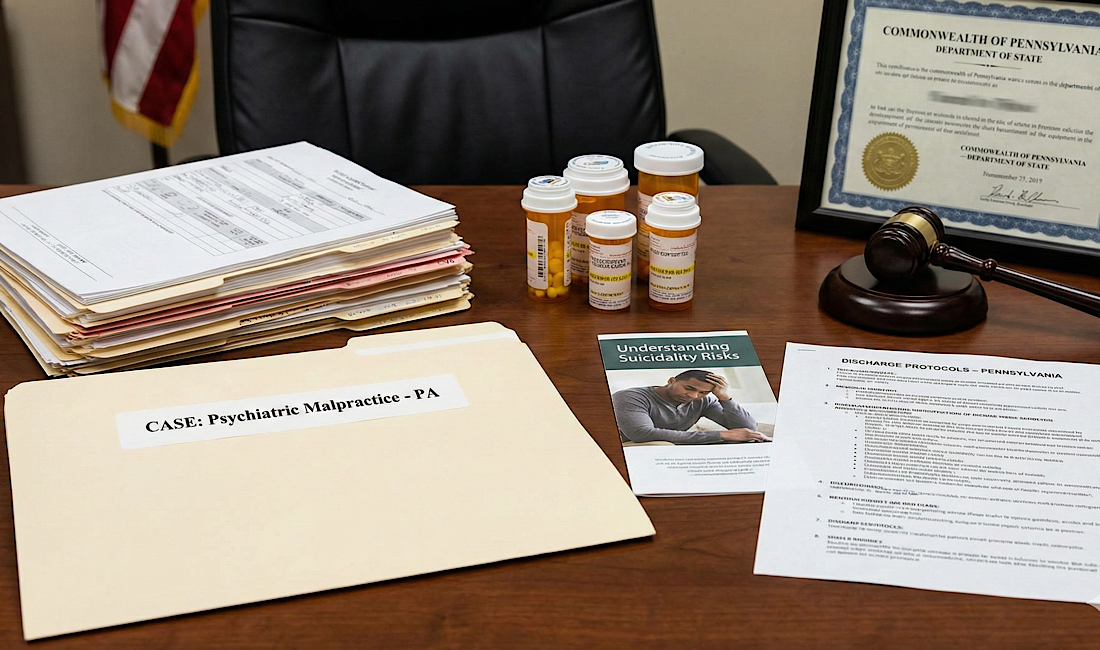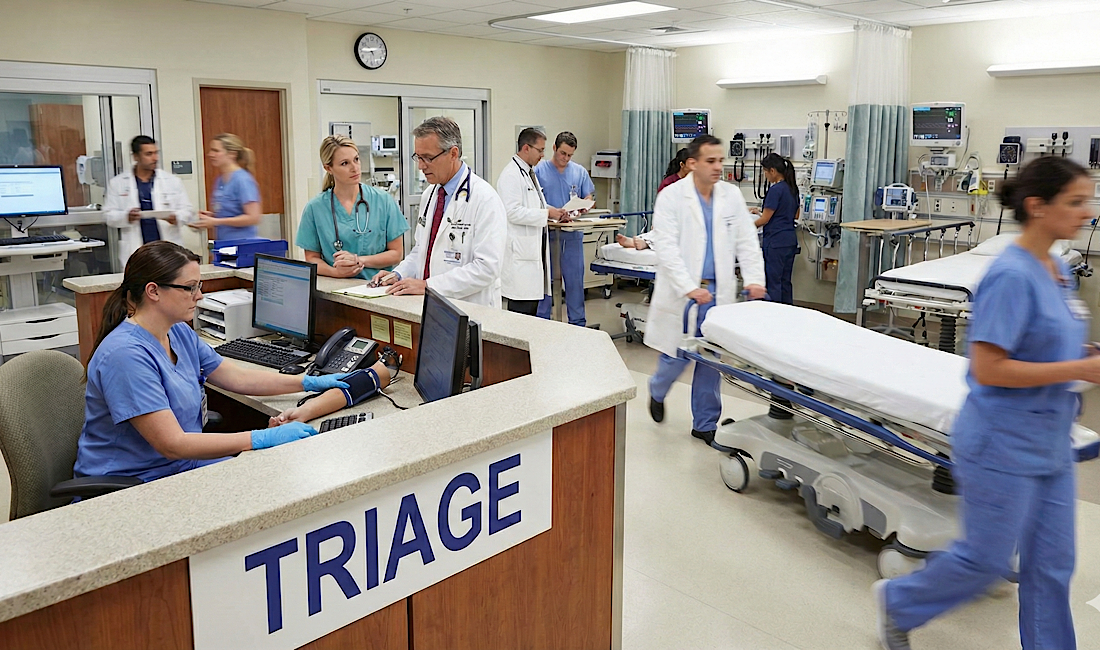Navigating Winter Roads: What to Do After a Vehicle Accident
Preparing for the Unexpected on Winter Roads

Winter driving can be treacherous, with icy roads and reduced visibility increasing the risk of accidents. Knowing what to do in the aftermath of a vehicle accident is crucial, not just for your immediate safety but also for any potential legal proceedings, especially if you're considering personal injury services. Here are essential steps to follow if you find yourself in this unfortunate situation.
Ensure Safety First
Immediately after an accident, prioritize safety. Move to a safe area away from traffic if possible. If moving your vehicle isn't safe or possible, turn on your hazard lights to alert other drivers. Check yourself and any passengers for injuries. Call emergency services if there are any signs of injury or if the accident is blocking the road.
Document the Scene
Once you're in a safe location, document the accident scene. Take photos of the vehicles, the road conditions, and any landmarks. This documentation can be crucial for insurance claims and any legal proceedings. Be sure to capture images that show the road conditions, as they can be a significant factor in winter accidents.
Exchange Information
Exchange contact and insurance information with the other driver. Avoid discussing the fault or details of the accident; this will be determined later by the insurance companies and possibly by legal counsel.
Report the Accident
In many places, you're required to report a vehicle accident to the police. This is especially important in winter accidents where road conditions may have contributed to the incident. A police report can be a valuable document in insurance claims and legal cases.
Seek Medical Attention
Even if you feel fine, it's important to get a medical evaluation after an accident. Some injuries, like whiplash, may not be immediately apparent. Prompt medical attention ensures that any injuries are properly documented, which is crucial if you later decide to seek personal injury services.
Consult with Personal Injury Services
If you've sustained injuries, consulting with personal injury services can be a vital step. They can provide guidance on your rights and the best course of action, whether it's negotiating with insurance companies or pursuing legal action.
Navigating the aftermath of a winter vehicle accident can be challenging. Prioritizing safety, documenting the scene, exchanging information, reporting the accident, seeking medical attention, and consulting with personal injury services such as
Frischman and Rizza, are key steps to manage the situation effectively. Being prepared and informed can make a significant difference in the outcome of such an unexpected event.





